European Integration, Albania's Strategic Goal (2013-2025)
Integration into the European Union is the main strategic goal of the Albanian state, which enjoys broad support from the Albanian citizens. According to the Balkan Barometer (2023), around 92% of the Albanian population supports European integration, making Albania one of the countries with the highest support for EU membership in the region (the regional average is 59%).
In 2014, Albania was granted candidate status for EU membership, a historic step that demonstrated the country's commitment to follow the principles of the Union. From this point on, Albania began aligning its most important state-building reforms with the standards of the European Union.
The Justice Reform, adopted in 2016, is one of the most significant aspects of Albania's integration process into the European Union. It has had a direct and profound impact on the opening of membership negotiations, serving as a key pillar of Albania's commitment to a functional rule of law state. The vetting process, the re-evaluation of judges and prosecutors, initiated in 2017, has increased trust in the justice system by ensuring that only individuals with high integrity remain in the judiciary.
During the period from 2015 to 2020, Albania focused its efforts on combating corruption and organized crime, making these issues a priority in its domestic policies.
In March 2020, the European Council approved the opening of membership negotiations for Albania. Albania successfully fulfilled the recommendations of the Council of Europe, marking significant progress in the following areas:
- Justice Reform with a focus on the functioning of the Constitutional Court and the High Court.
- The fight against corruption and organized crime.
- Electoral Reform.
- Respect for human rights and media freedom.
- Protection of property rights and asylum issues.
The fulfillment of these recommendations paved the way for the opening of negotiations with the EU.
The First Intergovernmental Conference with the EU in 2022 marked a key moment with the opening of negotiations—the negotiation framework, which is clear evidence of the progress made by our country on the path to membership.
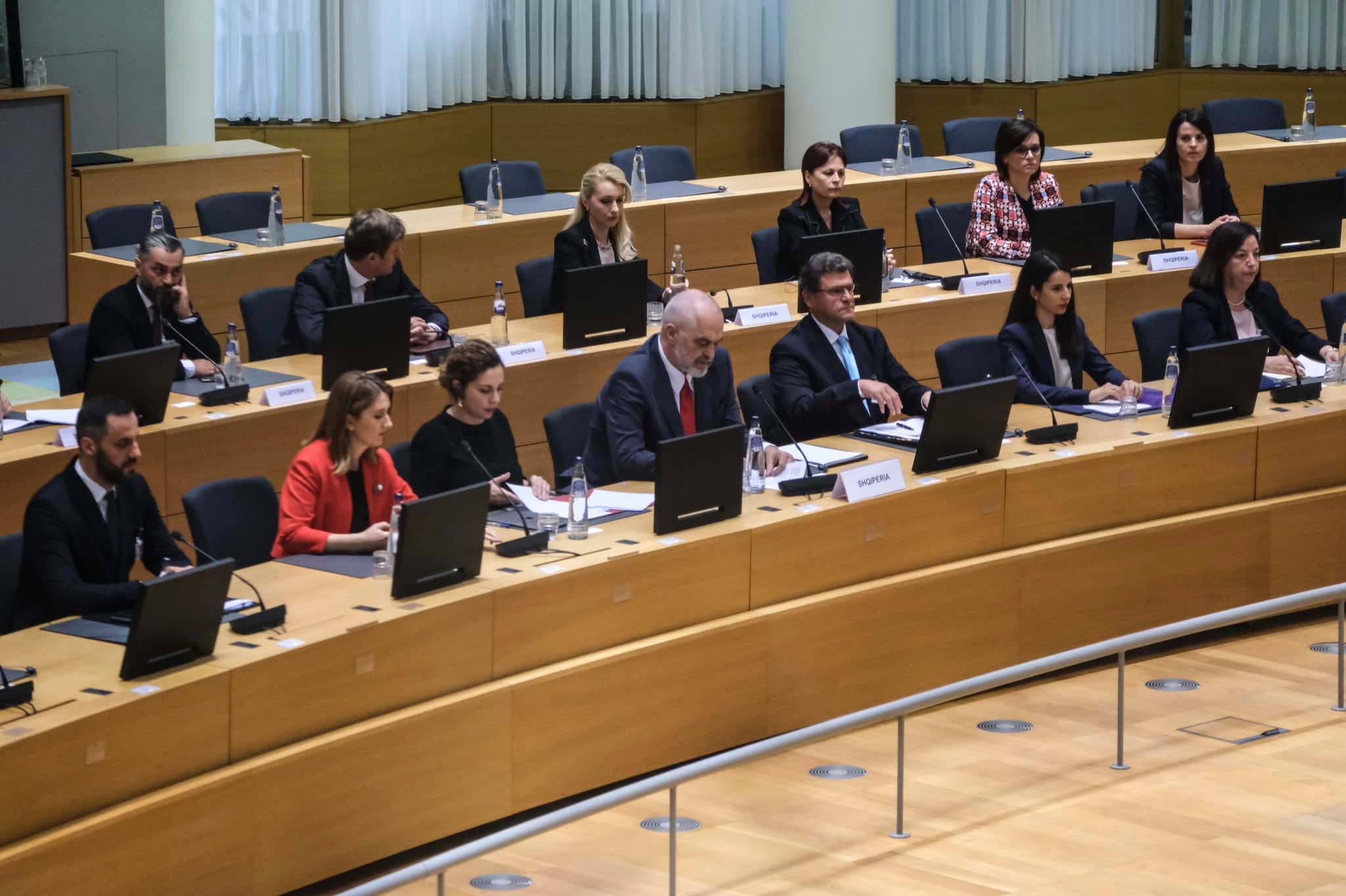
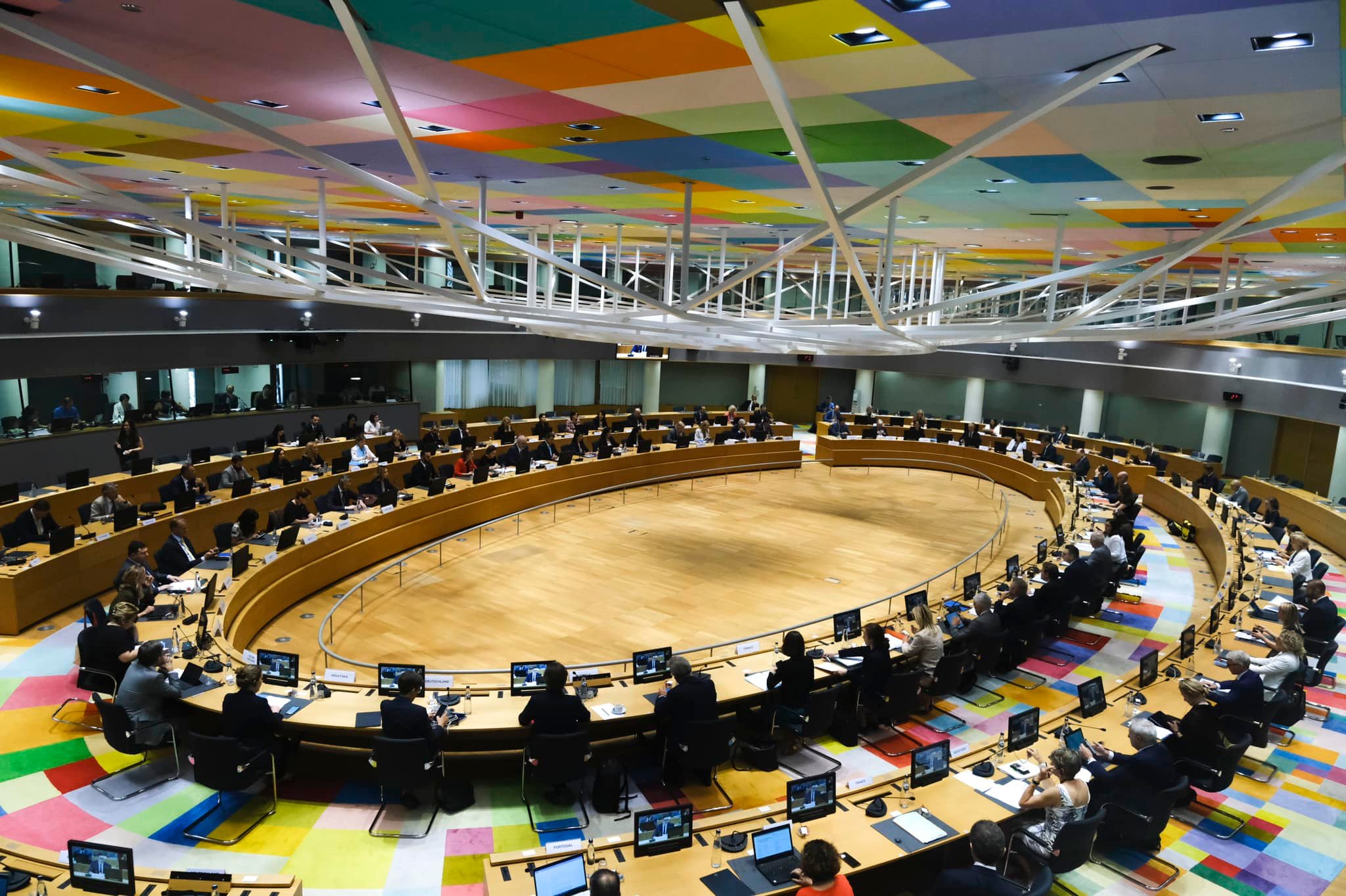
Analytical Screening - The First Intergovernmental Conference was followed by a successful process of analytical screening (2022-2023) of national legislation in alignment with EU standards, which contributed to laying a solid foundation for the negotiation process.
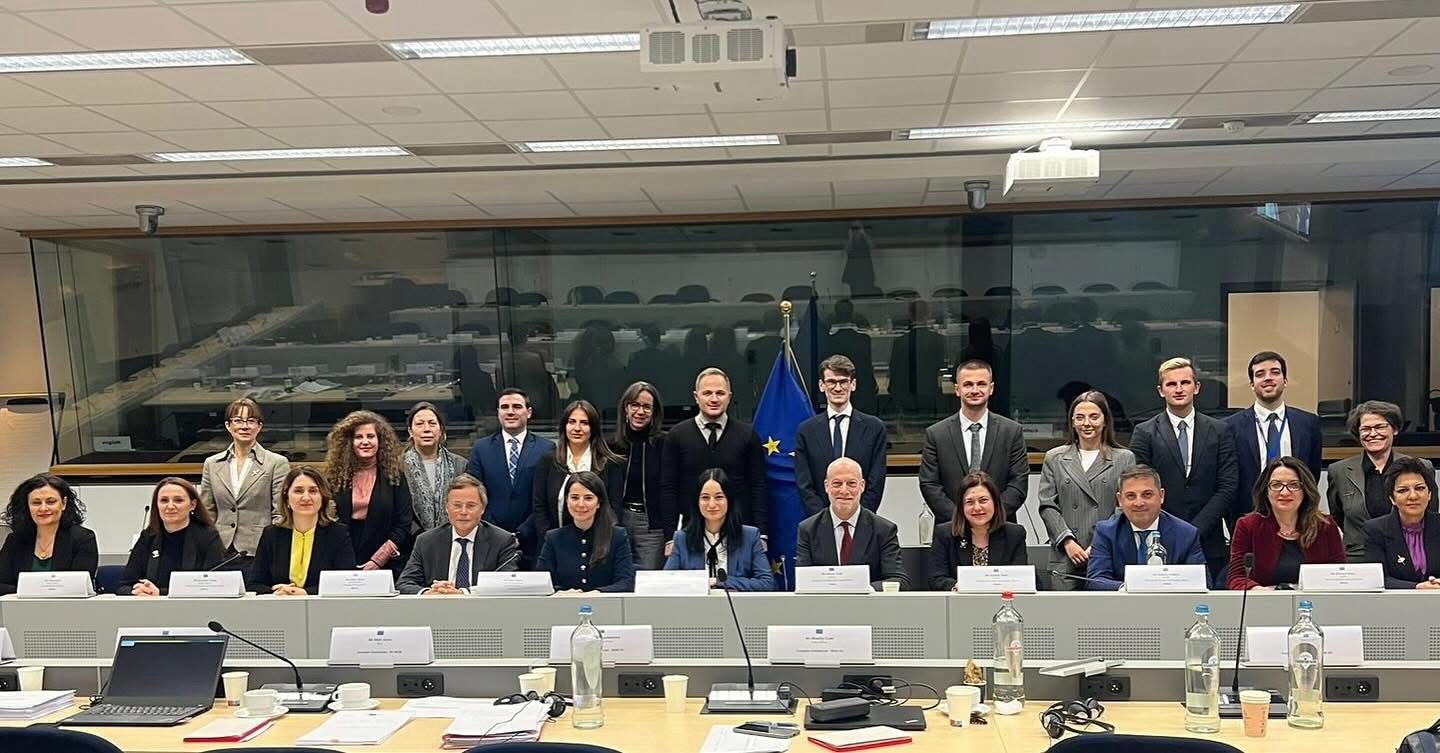
In October 2024, the opening of negotiations for Cluster 1 "Fundamentals" on a merit-based approach recognized and acknowledged by EU member states the progress of Albania in the key reforms of the rule of law, justice, and human rights.
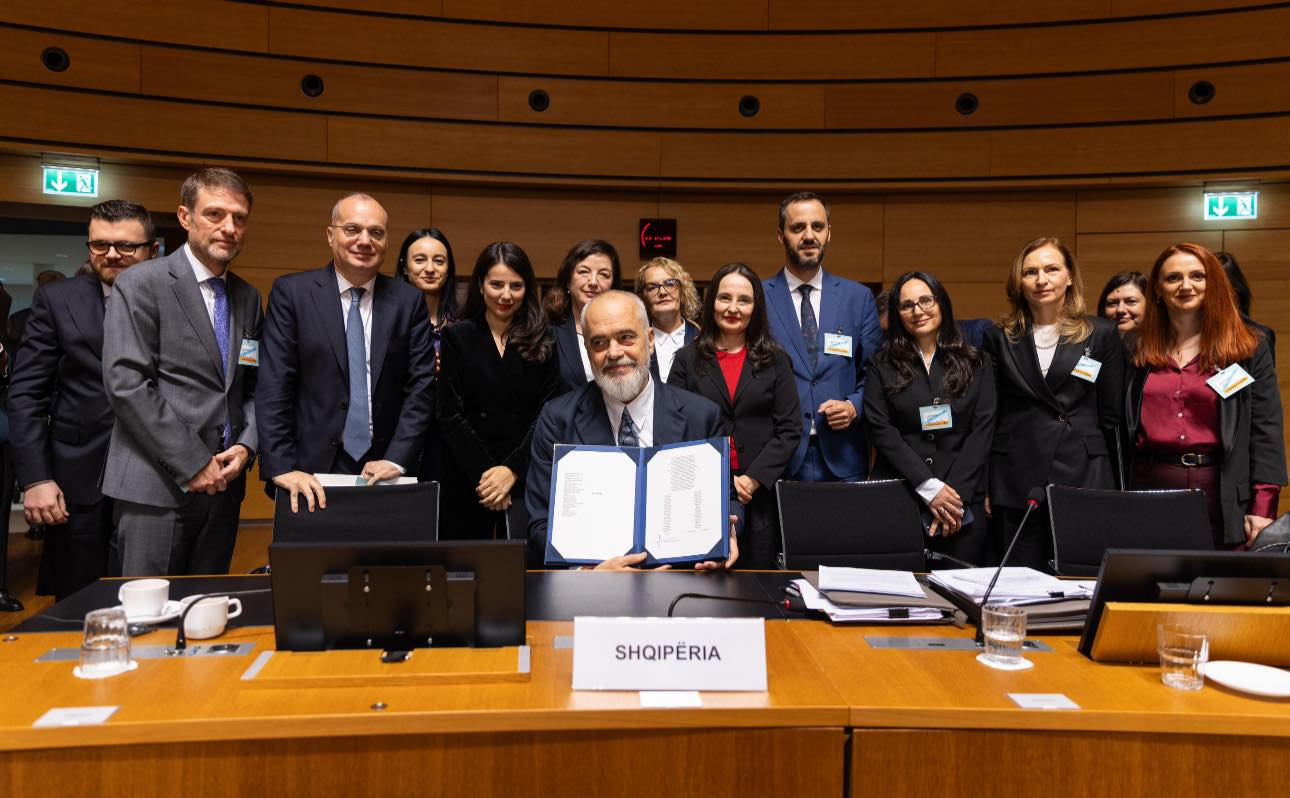

In December 2024, with the opening of negotiations for Cluster 6 "External Relations," Albania strengthens its position as a trusted partner in the EU's foreign policy and security.
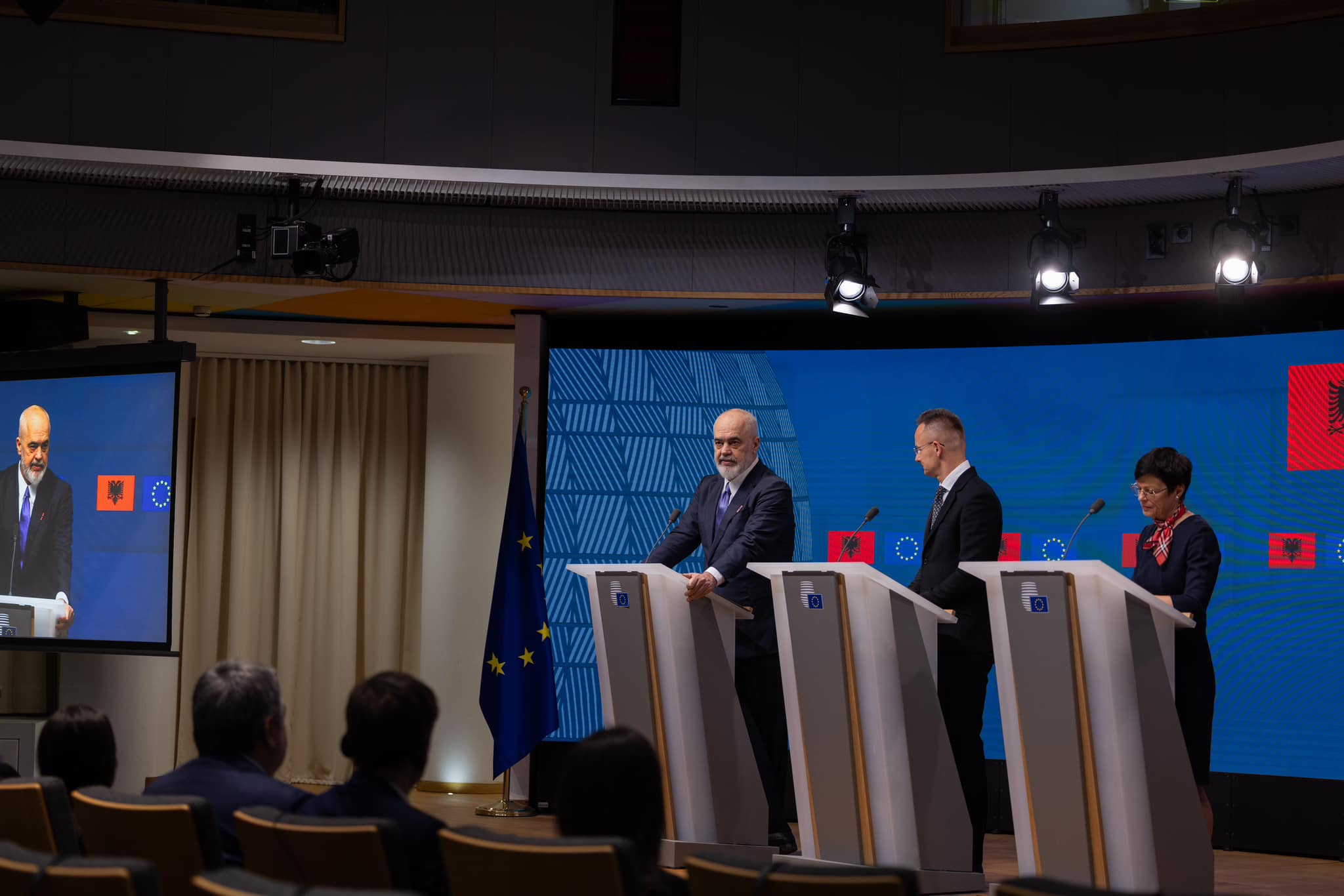

"Fast Track" Plan for Negotiations (2024-2027)
Albania remains committed to continuing the path of reforms and cooperation with the EU, engaging in a "fast track" plan for full and deserved membership in the European family. The primary goal is to fulfill all technical and institutional requirements for the country’s membership in the EU by 2027.
The priorities include opening all negotiation chapters by 2025, as well as closing them and addressing the corresponding conditions set by the European Commission by 2027.
ACCELERATED ECONOMIC INTEGRATION WITH THE EUROPEAN UNION
The new Growth Plan for the Western Balkans, approved by the European Commission in November 2023, aims to bring the countries of the region closer to the European Union (EU) by offering some of the benefits of membership before the official accession takes place. This plan includes a financial package of 6 billion euros in grants and loans, designed to boost economic growth and accelerate the socio-economic convergence of the region with the EU.
National Reform Agenda: The Regional Market Plan for the Balkans
The implementation of this plan will help deepen structural reforms, improve the investment climate, and create new opportunities for businesses and citizens in the country. As part of the Growth Plan, for the first time, in cooperation with the European Commission, Albania is working on a clear agenda for accelerated economic integration with the European Union, with the aim of increasing Albania’s convergence with the EU member states.
In October 2024, Albania adopted the Reform Agenda 2024-2027. As part of the implementation of this Reform Agenda, Albania could potentially benefit from 922.1 million euros from the European Union.
The priority is to support the key reforms for the modernization of the state, the transformation and improvement of the country’s economic structure through support for business and employment, and the improvement of connectivity (transport, energy, and digitalization).
Strengthening the rule of law through the consolidation of the justice reform and the fight against corruption are the main mechanisms to enable benefits similar to those of EU countries, before membership, in seven priority areas:
- Free movement of goods
- Free movement of services and workers
- Access to the single euro payments area
- Facilitation of road transport
- Integration and decarbonization of energy markets
- Single digital market
- Integration into the industrial supply chain
ECONOMIC REFORM
Albania has taken significant steps to advance in the negotiation and integration process through a series of initiatives and international agreements that facilitate the movement of goods, capital, and workers, as well as encourage foreign investments. These steps have contributed significantly to the country's economic development and the improvement of the business climate.
Free Movement of Capital and Entry into SEPA
One of the key achievements is Albania’s membership in the Single Euro Payments Area (SEPA) in 2024. This has significantly reduced the costs of international transfers for Albanians, making transfers cheaper and faster. Before entering SEPA, the costs were up to 32% higher than in the EU, while now there has been a significant reduction in the informal economy (2%) and an increase in digital payments (10%). This step has also improved financial transparency and contributed to meeting international standards.
Strengthening Financial Transparency and Exit from the MONEYVAL Grey List
In another significant step to improve financial credibility, Albania exited the MONEYVAL grey list in 2022. This achievement has eased opportunities for financing and foreign investments, helping to strengthen Albania's position in international markets and contributing to a more stable and transparent financial system.
Creation of the Albanian Electricity Market Exchange (ALPEX)
Albania has also made significant strides in the energy sector with the establishment of the Albanian Electricity Market Exchange (ALPEX) in 2020. ALPEX has contributed to the development of an organized energy market, enabling more efficient distribution of resources and improving the investment climate in this key sector. This initiative has increased foreign investment interest in the energy sector and has enhanced the country’s energy sustainability.
Reforms Centered on Citizens: Free Movement of Workers, Recognition of Social Security Contributions
Another key aspect for Albania is the creation of opportunities for the free movement of workers. By signing agreements for the mutual recognition of social security contributions with several countries—such as Italy (2024), Germany (2018), Hungary (2017), Canada (2016), Turkey (2015), Belgium (2014), and Luxembourg (2013)—Albania has made it possible for its citizens to benefit from social protection and pensions during their time working abroad. This has not only increased employment opportunities but also strengthened international ties.
Improvement of Services: Higher Standards for Public Services
Reduction of Roaming Charges – Since July 1, 2021, roaming charges between the countries of the Western Balkans have been completely removed, marking a significant step towards integration into the EU's single market, where roaming charges have already been abolished for member states.
Mobility and Freedom to Work and Study: Citizens can travel, work, study, and live in any EU country without the need for residence permits or visas.
Benefits from Education and Professional Growth: Programs such as Erasmus provide excellent opportunities for international study and training.
In October 2023, the College of Europe Campus opened in Tirana, one of Europe’s oldest and most respected institutions, established with the aim of promoting cooperation and European integration. The opening of the first campus in Tirana marks a strategic partnership between Albania and European institutions. The study programs offered by the College of Europe in Tirana are held to the same high standards as those at the Bruges campus, ensuring top-quality education and a rich, multicultural, and international environment for students.

Progress in Economic and Trade Relations with the EU
The European Union is Albania's most significant trading partner, accounting for the largest share of our exports and imports, as well as being the primary source of foreign direct investment.
Albania has made strides in trade liberalization, fostering a more attractive environment for businesses and investors. The gradual alignment of our legislation with EU standards has enhanced the competitiveness of Albanian products and made it easier for them to access European markets.
57.7% of Albania's total trade is conducted with EU countries. Albanian exports to the EU have seen a significant increase, with a strong focus on sectors such as textiles and footwear, manufacturing, minerals, energy, and agriculture. Imports from the EU have mainly been in machinery, industrial equipment, chemical products, and food, highlighting a growing demand for advanced goods and technologies.
The European Union continues to be the primary source of foreign direct investment (FDI) in Albania, making substantial contributions to strategic sectors such as energy (hydropower and renewable resources), telecommunications, manufacturing, and banking.